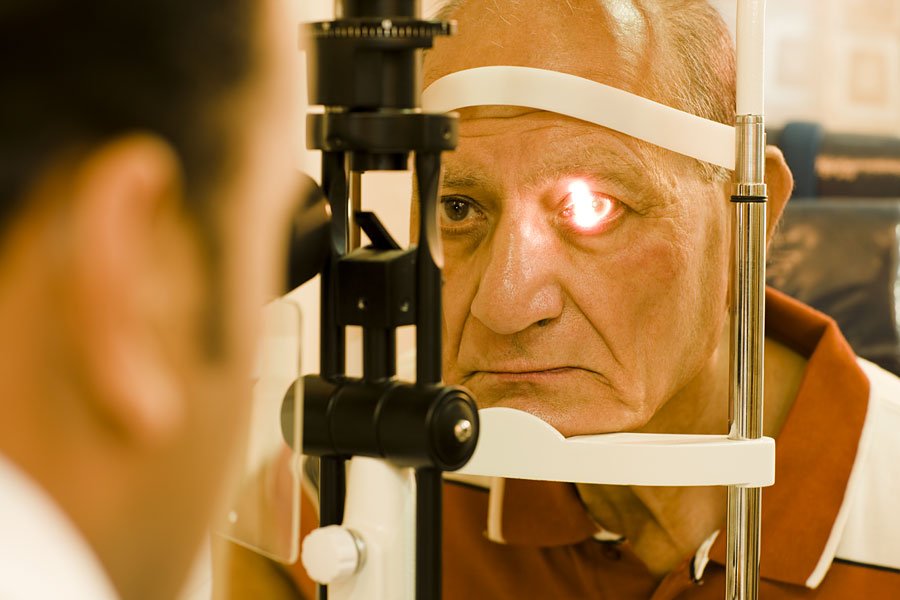Nutrient Deficiencies: Our body needs a wide variety of micronutrients and macronutrients to maintain various internal bodily functions to stay healthy and active.
Each vitamin and mineral has a specific role, it cannot be replaced with other nutrients.
The woman does all works, from managing the house to looking after everyone in the family.
From adolescence until after you give birth, the female body undergoes many changes. Our body needs extra nourishment and care, otherwise that leads to nutrient deficiencies.
Women, in particular, lose certain very common vitamins. The good thing is what they are and exactly what you should eat to avoid those flaws.
There can be many reasons for women to develop nutrient deficiencies – improper diet, a strict schedule, and not knowing what a healthy diet means.
Most nutritional deficiencies have a bunch of related symptoms. One of the most common signs of malnutrition is fatigue.
If you notice a sudden drop in energy levels, take it as a sign that your nutritional levels need attention.
Nutritional deficiencies can often lead to serious long-term effects such as diabetes, thyroid weakness, hormonal imbalances, difficulty conceiving, premature labor, and more.
Therefore you should not ignore these subtle tell-tale signs of nutritional deficiencies.
5 Common Nutrient Deficiencies in Women
1. Iron
Iron deficiency can lead to anemia, which is when your body cannot produce hemoglobin (the part of the blood cells that helps provide oxygen throughout the body).

One of the reasons women are more prone to iron deficiency is that they lose blood every month during menstruation.
Symptoms
- fatigue
- Shortness of breath
- Dizziness
- Brittle nails
- A sore, swollen tongue
Food Sources of Iron include red meat, shellfish, rajma (kidney beans), lentils, pumpkin seeds, sesame seeds, cashews, and spinach. Animal resources provide the most bioavailable iron.
Also Read: Health Benefits of drinking Clove Tea every day
Plant resources are very difficult to break down. Adding vitamin C to foods high in iron can increase iron absorption, for example adding lime to foods high in iron.
2.Vitamin D deficiency
The function of calcium and vitamin D in your body is assimilated. Vitamin D plays a key role in ensuring healthy and strong bone health because it helps in calcium absorption.
Sadly, the percentage of women suffering from this disorder has been steadily increasing over the years.
Vitamin D deficiency increases the risk of asthma, cardiovascular disease, and rickets.
Women who are exposed to very low levels of sunlight are more likely to experience this deficiency. Alternatively, women with a specification may experience the same.
Symptoms
- Poor Bone health
- Polycystic ovary syndrome
- Obesity and type 2 diabetes
- Cancer
- Autoimmune conditions
- Muscle weakness
Vitamin D is found in low-fat dairy products, eggs, oysters, salmon and tuna, whole grains, and bread. Okra, dairy products, and mushrooms contain some amount of vitamin D. The most traditional way to get vitamin D is to spend 15 to 30 minutes a day in the sun.
3. Vitamin B-12
B12 is essential for proper nerve function and red blood cell formation. Lack of adequate B12 in the diet, inability to absorb B12, lack of internal factors responsible for its absorption and especially acid-blocker drugs, and inflammation in the small intestine are common.

Symptoms
- Anemia
- Swollen tongue
- Difficulty in thinking
- Fatigue
- Muscle weakness
- Tingling and numbness in their arms, legs, or feet
- Depression
- delusions
- Memory loss
Sources of Vitamin B12: Animal products such as fish, meat, eggs, and dairy products are rich sources of B12.
This vitamin is found only in natural form in animal products. Vegetarians and vegans are advised to take B12 supplements.
4.Iodine
Iodine is important for producing necessary thyroid hormones.
Iodine levels are lower in women aged 20 to 39 years compared to women of all other ages.
Without enough iodine, our bodies will not make enough thyroid hormones to help regulate our metabolism, body temperature, and more.
Lack of iodine in the diet causes Goiter.
Symptoms
- Weight gain
- Fatigue
- Feels cool all the time
- Excessive hair loss
Food sources of iodine are strawberries, eggs, fish, dairy, and baked potatoes. Many women reduce the amount of salt in their diet as they lose another potential source of iodine. But it is a good idea not to rely on salt for your daily intake.
5.Calcium
Calcium is the most essential mineral in the body. It mineralizes bone and teeth, requires intracellular signaling, neurotransmission, muscle contraction, has a preventive role in weight management, and may also play a protective role in polycystic ovary syndrome.
Symptoms
The main symptom of calcium deficiency is an increased risk of developing osteoporosis later in life, especially with multiple pregnancies found in women.
Dietary sources of calcium include dairy products, almonds, beans, and dark green vegetables. Low-fat yogurt, cheese, cooked kale are some sources of calcium.




